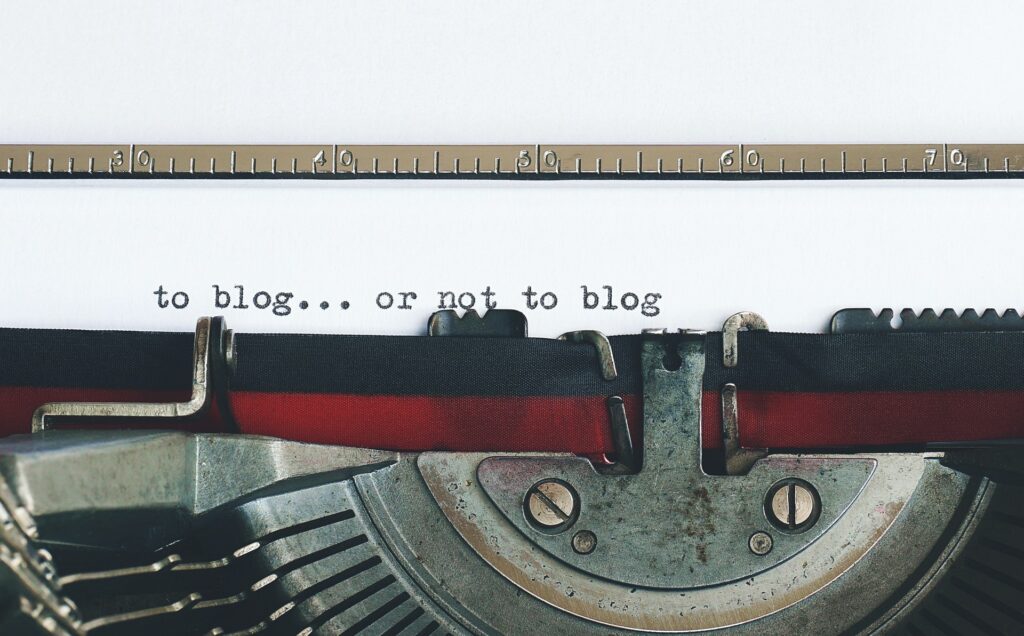Recently I went to a Farmer’s Market on a Saturday and stopped to buy some locally roasted coffee. I was excited to try some single-origin roasts that I knew were only 1-2 days old.
The best part of a Farmer’s Market is that you can’t buy something without striking up a short conversation. The coffee seller told me about the coffees, which I appreciated, but he assumed I was a coffee novice even after indicating I wasn’t.
You may not know this about The Sky Floor, but we are coffee enthusiasts. We have been roasting coffee for years so that we can experience fresh roasts at home. That means we buy different origins, washing processes, and varieties to see how they come out.
At the Farmer’s Market booth, the seller assumed I wouldn’t have tried a rare coffee that I am 90% sure I have roasted at home. Because of my roasting experience, his assumption was a terrible turn-off to his booth.
Instead of asking a probing question, he doubled down on his belief there is no way I could’ve had the rare coffee. If the coffee is good, I will rebuy it, but he hurt his chances of creating a real fan.
We all know what happens when you assume, right? If you are like me, your parents told you not to make assumptions lest you make a fool of yourself.
Sign Up to Get Our Latest Posts Tuesdays and Thursdays
No Spam, Period. Just the latest posts.
That is the lesson here:
- Don’t assume anything. You never know who you are talking with.
- Ask open-ended follow-up questions. You might be right about your assumption; asking questions will clarify.
If the coffee vendor had asked me, “where did you have that coffee?” he would’ve discovered that I also roasted coffee, and we would’ve had a lot to talk about.
Don’t assume anything and stay open-minded. The results will be better customer experiences that help your brand grow.


